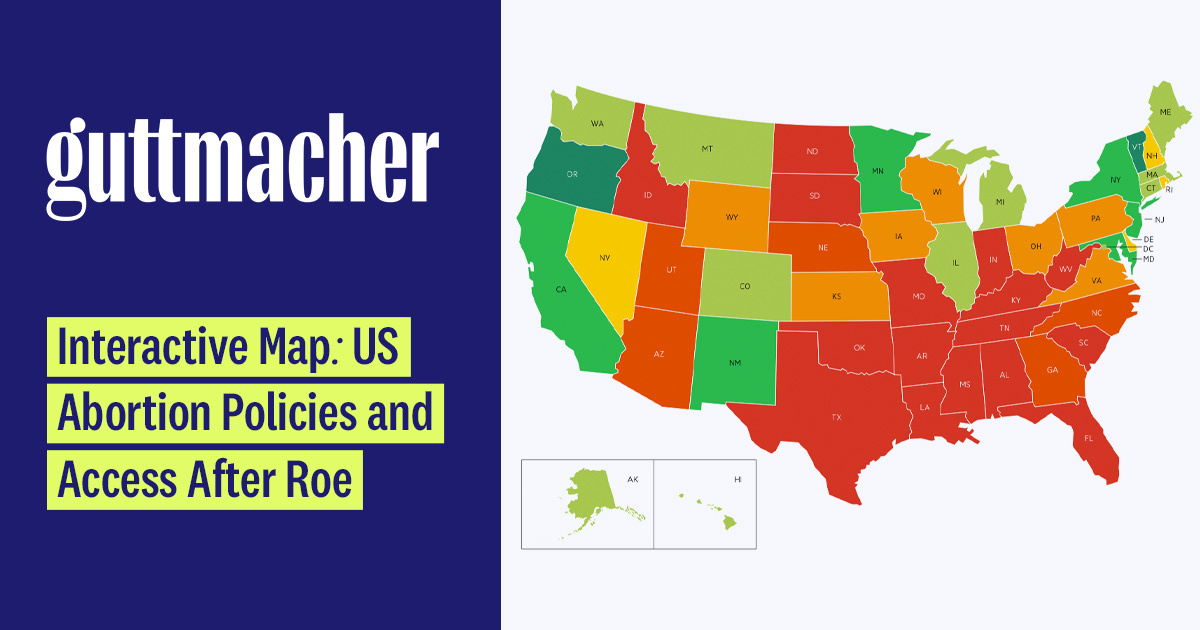The clause actually confers two distinct powers: the power to secure for limited times to authors the exclusive right to their writings is the basis for
U.S. copyright law, and the power to secure for limited times to inventors the exclusive rights to their discoveries is the basis for
U.S. patent law.
Because the clause contains no language under which Congress may protect
trademarks, those are instead protected under the
Commerce Clause.
Some terms in the clause are used in archaic meanings, potentially confusing modern readers. For example, "useful Arts" does not refer to artistic endeavors, but rather to the work of
artisans, people skilled in a manufacturing craft; "Sciences" refers not only to fields of modern scientific inquiry but rather to all knowledge.
Very nice googling there. Good quote about the copyright and patents clauses (not laws) in the Constitution. Of course it is completely unresponsive to my question. Your google-fu is much better than your reading comprehension.
The question to you is, must all patents and copyrights be about science and the useful arts? That's the prefatory clause to the patents and copyrights clause. Please try to focus on the topic. Take your meds if you're struggling to stay connected to the discussion. Check with your nurse first, please.
Some people WERE militia.
Which means their right to keep and bear arms can't be denied.
Everyone was/is the militia - from 16 to 60, 18 to 45, in general that means everyone. Even the law creating the National Guard admits there is what they call the unorganized militia. It is not the National Guard or organized militia that would, in any case, be the first responders to a foreign invasion; it would be every man sitting in his house, hearing the gunfire, looking out his window and seeing a bunch of Chinese soldiers. He's going to die, most likely, but not before taking more of them than they do of him. One him. Get at least two, preferably more, of them. The Chinese have a huge army but they can't win against 100 million unorganized militia in the United States.
Likely the fight would be nearly over before the Guard even got to their stations - assuming they could get to their stations. Considering that most Guard stations are mostly empty except on early mornings on the weekends, an invasion force would capture them in minutes. Even if they don't attack them directly, they would control the routes to them and the Guard would not get deployed.
That's the beauty of the militia; we're already deployed, armed, trained, and determined to fight any invasion, incursion, insurrection, to the death.
So even though the prefatory clause doesn't say what you pretend it says, it does create an obligation on the United States to count the militia (even if current law chooses to refer to it as the unorganized militia) as part of our national defense.
NOT true, if the militia provided you with a weapon, you didn't get to keep the weapon, to take home with you when your obligation was over, the was government property and was surrendered back to the militia.
You're wrong. Do you want to know how I know? Because you were typing.
Ok, not really... well, yes really... But I also know because I read stuff. You know, like books.
In the terms of the day, public arms were those provided by, ultimately owned by, the Government. Private arms were those purchased by and owned by individuals.
The Government did, as they do today, establish armories and caches of arms, powder, and ammunition, but they also provided thousands of public weapons to the States that went directly into the hands of the militia expressly because they had property to protect. You can't protect property with a gun in an armory somewhere.
arms and/or funds should be offered to the
more vulnerable states, to enable "our governments to arm every free man, who has personal rights or property to watch, maintain and defend."'63 This would deter any potential aggressor from attack:
To encounter a nation of 5 or 6 millions of armed free men ...would be a conflict unpromising of any kind or degree of real advantage ....In short, it is confidently believed, that completely armed--duly temperate-and reasonably just, we may rely, under heaven, on the preservation of our accustomed peace, our liberty and our safety.
The custom was that militia members controlled their public weapons and kept them with them in their homes. In one case, the Pennsylvania militia members refused to, in the case of Pennsylvania wanting to collect them just for cleaning, refused to turn ub their public arms.
While the proposed United States Constitution was debated, the government of Pennsylvania attempted to collect the public arms for cleaning and maintenance. A very large number of Pennsylvanians, however, refused to surrender their public arms even temporarily-fearing that the new federal government might be oppressive
NOT exclusively.
Why is it the state governor can call up the national guard, without the federal government's permission?
That the Federal Government allows the State to promote officers and to call out the National Guard is simply part of the lie of the National Guard. By allowing that, it supports the lie so it was an easy thing for the Army to give up.
If the National Guard is in Afghanistan, how does the Governor call them up when they're needed for a hurricane or other legal militia use by the State? The National Guard actually deprives the States of their Constitutionally protected right to have a State militia.

/cloudfront-us-east-2.images.arcpublishing.com/reuters/5BZOIZM7GNOIXHYH4LTWPLPCUY.jpg)